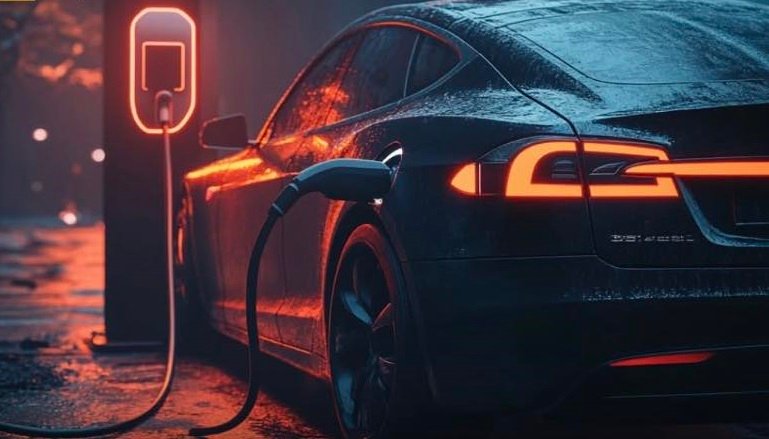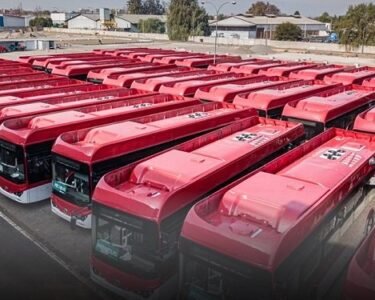The UK car industry achieved a significant milestone in 2024, with 382,000 battery electric vehicles (BEVs) sold, marking a record high and representing 19.6% of all new car sales. This achievement underscores the industry’s growing shift toward electrification as it races to meet government targets. However, despite the record-breaking numbers, the industry fell short of the government’s target of 22%, putting carmakers at risk of financial penalties and highlighting the uphill battle ahead.
The Pressure of Government Targets
The Society of Motor Manufacturers and Traders (SMMT) expressed concerns about the growing pressure to meet the next milestone: a 28% BEV target by 2025. Failing to achieve this could result in penalties tied to exceeding pollution limits. These challenges are compounded by the UK government’s ambitious plan to ban the sale of new petrol and diesel vehicles by 2030, a move that is reshaping manufacturers’ long-term strategies.
To mitigate the risk of penalties, the UK government has introduced flexibility mechanisms. These allow manufacturers to account for overall fleet emissions reductions rather than strictly meeting BEV sales targets. While this provides some relief, it does not eliminate the substantial investments needed to develop new models and maintain market competitiveness.
Challenges Facing the Industry
According to SMMT CEO Mike Hawes, achieving these targets requires enormous investments in innovation and development. Additionally, the reliance on financial incentives to promote BEV adoption is becoming increasingly unsustainable. The industry faces the challenge of balancing affordability for consumers with profitability for manufacturers.
Another obstacle is the ongoing economic recovery. While total vehicle registrations in the UK increased by 2.6% in 2024—driven primarily by business purchases—the market still lags behind pre-pandemic levels. This sluggish recovery adds to the uncertainty for carmakers as they navigate the transition to electric vehicles.
The Road Ahead
Despite these challenges, the UK car industry is making notable progress toward electrification. BEV sales in 2024 reflect growing consumer acceptance of electric vehicles, supported by government incentives, expanding charging infrastructure, and a wider range of EV models.
However, meeting the 2025 and 2030 targets will require further efforts:
- Increased Investment: Carmakers will need to accelerate investments in research and development for more affordable and efficient electric vehicles.
- Infrastructure Expansion: Expanding the UK’s EV charging network is critical to easing consumer concerns about range anxiety.
- Consumer Education: Raising awareness about the long-term benefits of BEVs, including lower running costs and reduced environmental impact, will be essential to driving adoption.
A Balancing Act
The UK government faces its own set of challenges in maintaining a balanced approach. While ambitious targets are necessary to address climate change, they must also be achievable to avoid stifling the automotive industry. Flexibility in compliance mechanisms, continued support for infrastructure development, and collaboration with manufacturers will be key to ensuring a smooth transition.
Conclusion
The record-breaking BEV sales in 2024 demonstrate that the UK car industry is on the right track. However, the gap between current performance and government targets highlights the need for sustained efforts and collaboration. As the 2025 and 2030 deadlines approach, the industry must navigate a complex landscape of innovation, regulation, and consumer demand.
The journey toward a greener future is challenging, but the progress made in 2024 shows that the UK car industry has the potential to overcome these obstacles and lead the global transition to electric vehicles.






